Table of Contents
Introduction
The monsoon season brings a refreshing break from scorching summer heat, but also brings a surge in health problems, especially viral infections. From fever and cold to stomach infections, fungal rashes and weakened digestion, the rainy season is often a stress test for your immune health.
But, contrary to popular belief, you don’t need expensive supplements or fads to stay protected. Your body can fight back, if you support it with the right foods, habits and hygiene practices.
This blog deep dives into the science and tradition behind building immunity in the monsoon season, combining modern nutrition, Ayurveda and some practical lifestyle tips.
Why Does Immunity Drop During the Monsoon?

The monsoon season is not harmful in and of itself, but the microbiological ecology, water pollution, humidity, and changes in food habits might cause immune system dysfunction. This is the reason:
1. Abrupt Variations in Temperature
It takes time for your body to adjust to extremes. Temperature fluctuations can throw off your immune and metabolic systems, making you more susceptible to infections.
2. High Microbial Load = High Humidity
Wet conditions promote the growth of bacteria and fungi on your skin, clothing, food, and environment.
3. Contamination of Food and Water
Food safety is frequently jeopardized during the monsoon because of outside vendors, standing water, and unclean storage. Food poisoning, gastroenteritis, and typhoid fever increase during this period.
4. Sluggish Digestive Health
According to Ayurveda, during the rainy season, agni, or digestive fire, becomes weaker. This is supported by Western science, which claims that bloating and reduced enzyme activity are typical.
Top 10 Immunity-Boosting Foods for the Monsoon
Here’s a well explained list of easily available foods that support your immunity in monsoon season by offering essential vitamins, antioxidants, and gut-friendly benefits:
1. Citrus Fruits (Lemon, Orange, Amla)

- Rich in Vitamin C, which boosts white blood cell production
- Amla contains polyphenols that protect immune cells from oxidative stress
Add lemon juice to water or sprinkle on veggies. Take 1 tsp amla powder daily.
2. Garlic
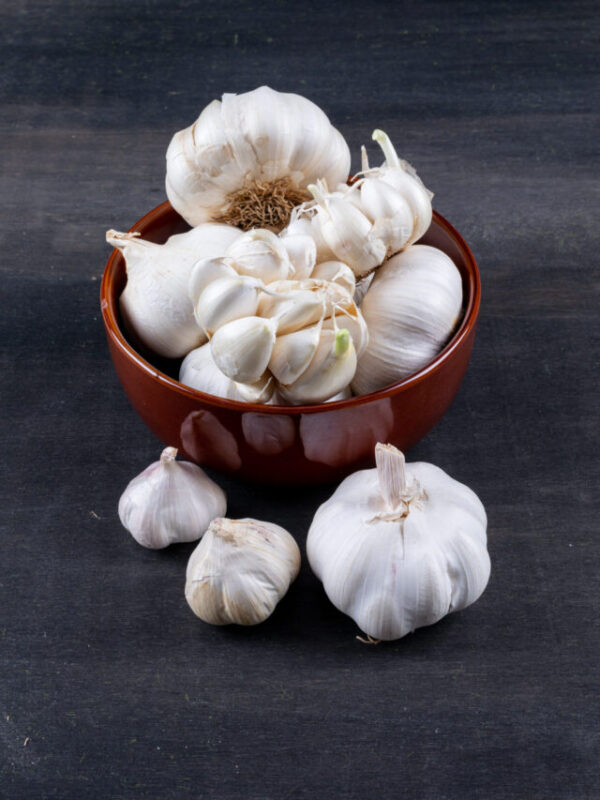
- Contains allicin, a sulfur compound that helps fight infection.
- Enhances gut microbiome and balances immune response
Raw garlic has stronger immunity benefits. Try 1 clove daily crushed, with honey.
3. Ginger
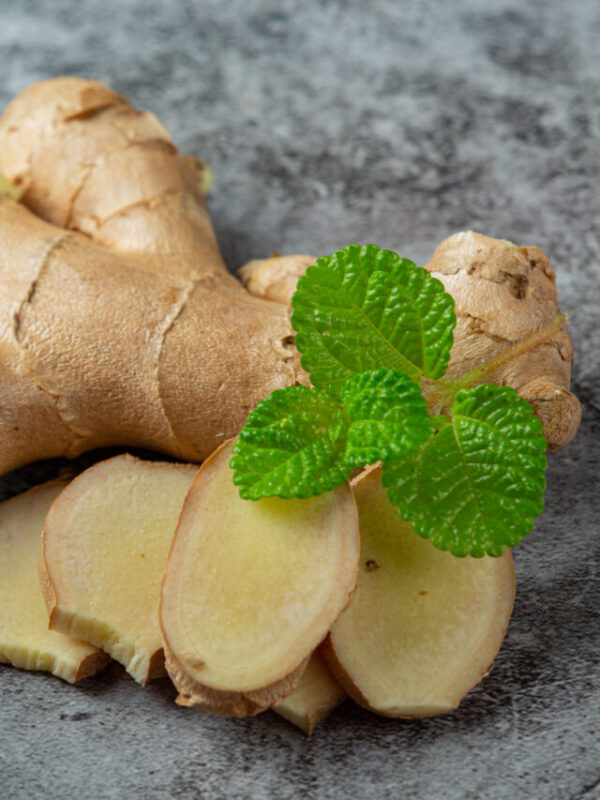
- It has anti-nausea, anti-inflammatory, and thermogenic (keeps you warm) properties
- Increases macrophage (immune cell) activity
Make ginger tea with tulsi or add grated ginger to dal, sabzi, or kadha.
4. Whole Grains (Millets, Brown Rice, Oats)
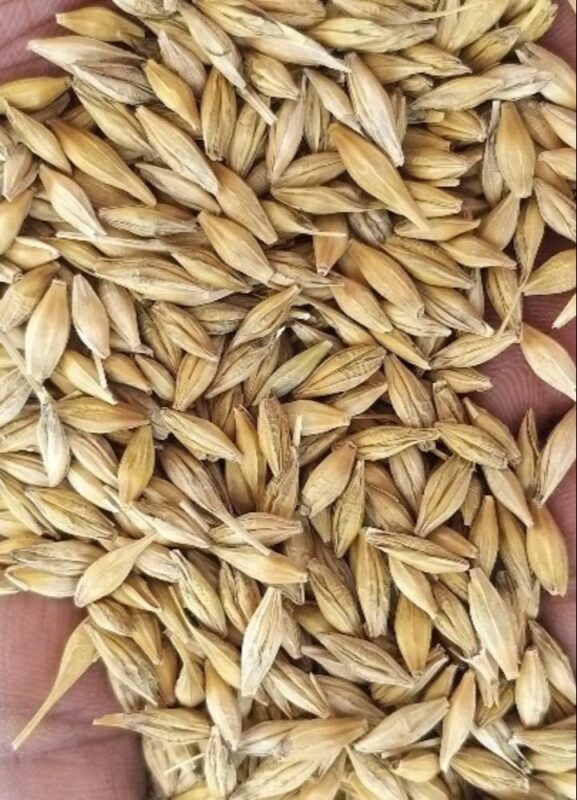
- These are rich in B vitamins and fiber for gut health
- Millets like ragi and bajra have prebiotic properties
Use oats in porridge or make millet khichdi with ghee.
5. Seasonal Veggies (Gourd Veggies, Leafy Greens, Pumpkin)
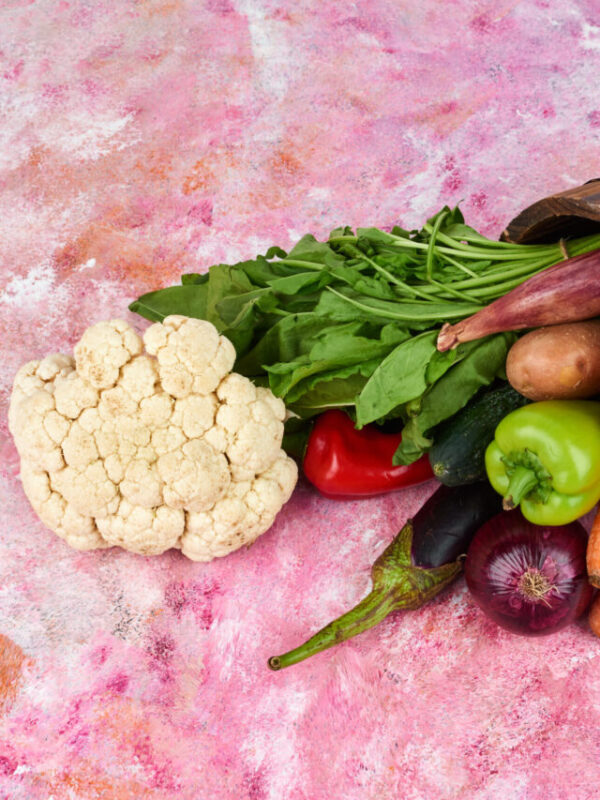
- These support liver detox, are low in calories, and high in fiber
- Bottle gourd (lauki) reduces inflammation and cools the system
Lightly steam vegetables; avoid eating raw during this season.
6. Coconut Water (Fresh, Not Packaged)

- This is high in electrolytes, also keeps you hydrated
- Contains cytokinin, which has anti-ageing and immune properties
Avoid if you catch cold easily, use lukewarm herbal drinks instead.
7. Fermented Foods (Curd, Idli, Dosa, Kanji)

- The probiotics in curd and fermented foods maintain gut flora balance
- Support digestion and immunity
Consume fresh curd during daytime only.
8. Desi Ghee

- It contains butyrate, a short-chain fatty acid that supports gut lining.
- Enhances absorption of fat-soluble vitamins
1–2 tsp a day in dal, roti or khichdi improves immunity and energy.
9. Raw Honey
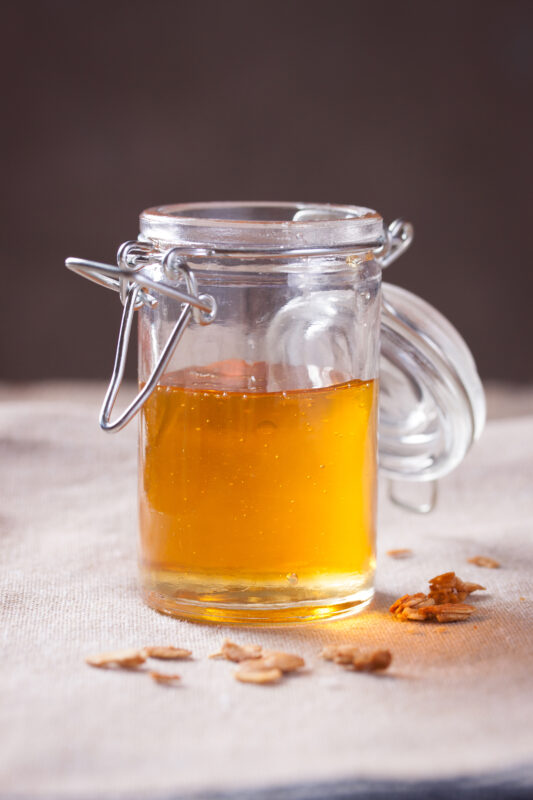
- It has natural antibacterial properties
- Help soothes sore throat, boosts antioxidants
Use in kadha or warm water, never heat honey directly.
10. Spices (Black Pepper, Cinnamon, Clove, Ajwain)
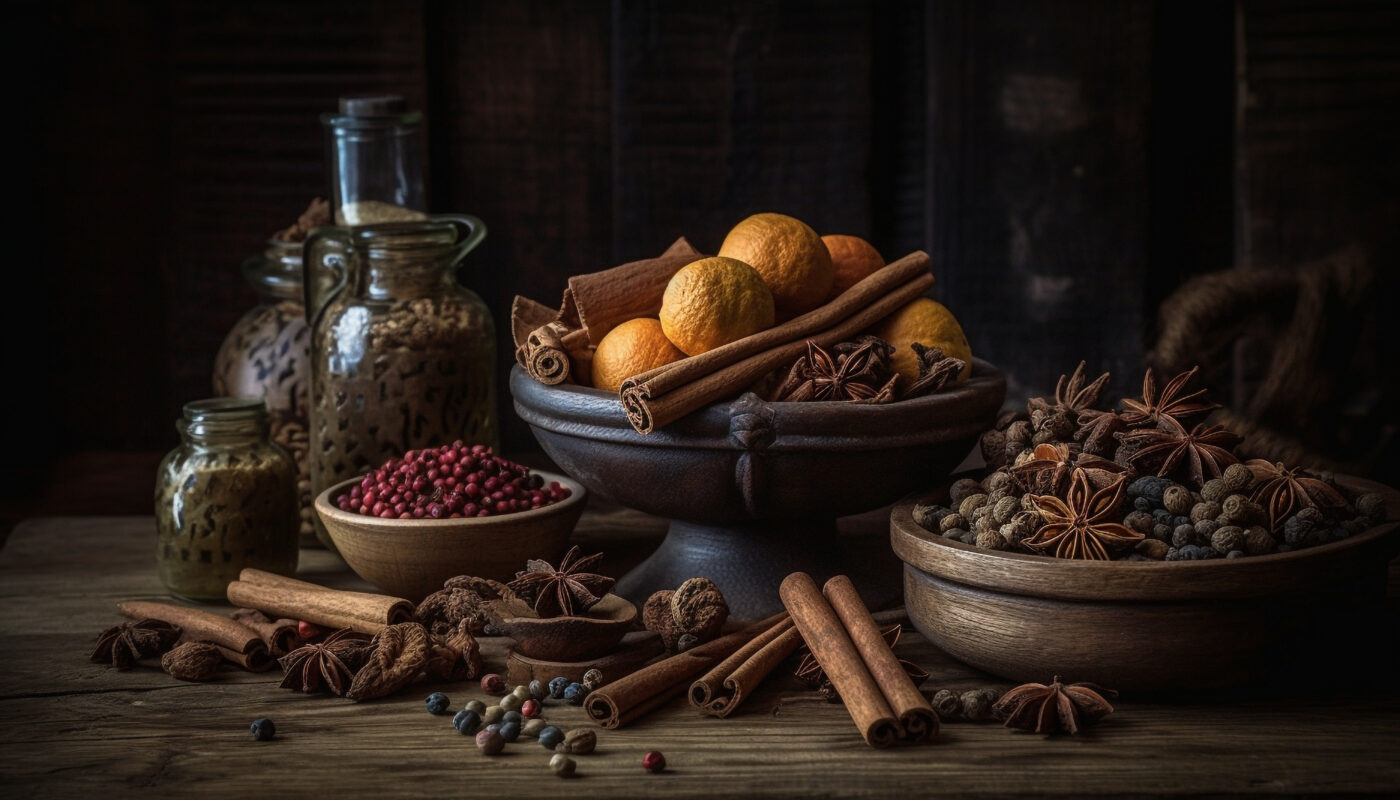
- These have thermogenic and antimicrobial properties
- Can help improve digestion and respiratory health
Add to teas, soups, or use in tadka during cooking.
Immunity-Boosting Herbs for Monsoon
According to Ayurveda, the monsoon season increases Vata and Pitta, which can imbalance immunity (Ojas). Use these natural immunity boosters wisely:
| Herb | Benefit | How to Use |
| Giloy | Fights fevers, enhances WBCs, works great in Dengue | Juice, tablets, or decoction (kadha) |
| Tulsi | Respiratory immunity | Tea, raw leaves, or add to kadha |
| Ashwagandha | Stress relief, sleep, stamina | Powder with milk or warm water |
| Amla | Richest natural Vitamin C | Fresh juice, powder, or candy |
| Mulethi | Soothes throat, antiviral | Add to kadha or warm water |
Always consult an Ayurvedic doctor before long-term use of potent herbs.
DIY Kadha Recipe to Boost Your Immunity in Monsoon
Ingredients
- 2 cups water
- 1-inch ginger (grated)
- 5–6 tulsi leaves
- 1/2 tsp turmeric
- 1/4 tsp black pepper
- 1 clove + 1 small stick cinnamon
- Optional: honey or jaggery
How to Make
- Boil all ingredients (except honey) until reduced to half.
- Strain and let cool slightly.
- Add honey only when lukewarm.
Benefits
- Protects from cold, cough & sore throat
- Supports digestion and detox
- Acts as a natural immunity booster
Drink once daily or 3–4 times a week.
Monsoon & Gut Health: Why It Matters?
Did you know nearly 70% of your immune cells reside in your gut? Monsoon directly affects our digestion due to:
- Low enzyme activity
- High fungal contamination in grains, foods and water
- Reduced stomach acid production
- Bacterial imbalance
How to Protect Gut Health:
- Avoid raw, stale, or street food
- Use spices like ajwain, cumin, fennel in cooking
- Drink jeera or ajwain water after meals
- Eat smaller, frequent meals
- Keep yourself active
Common Monsoon Illnesses & Immunity Hacks
| Illness | Symptoms | Immunity Tips |
| Viral Fever | Body ache, chills, congestion | Kadha + ginger-tulsi tea daily |
| Typhoid | Fatigue, digestive distress | Use only boiled/filtered water |
| Fungal Infections | Redness, itching, skin irritation | Keep skin dry, wear cotton clothes |
| Stomach Upset | Nausea, bloating, diarrhea | Use curd, banana, ajwain |
| Dengue/Malaria | High fever, fatigue | Avoid mosquito bites; boost platelet health with papaya leaf extract |
Hygiene & Lifestyle Tips to Support Immunity
For Hygiene
- Wash your hands thoroughly before every meal.
- Keep your nails short and clean.
- Change out of wet clothes immediately.
- Clean footwear on a daily basis, from in and out.
Sleep & Stress Management
- Maintain a regular bedtime (as 7–9 hours sleep is optimal)
- Avoid screens at least 1 hour before bed
- Try yoga, journaling, or pranayama to reduce cortisol and lower down your stress levels.
Movement
- Opt for home workouts if you cannot go out, opt for: yoga and bodyweight routines
- Do light stretches after long sitting hours in the office.
- Stay active indoors, don’t let the monsoon make you a couch slouch.
7-Day Monsoon Immunity Meal Plan
| Day | Early Morning | Breakfast | Lunch | Evening | Dinner |
| Monday | Warm lemon water + soaked almonds | Moong dal cheela with mint chutney | Rice, lauki curry, curd | Kadha | Khichdi + ghee |
| Tuesday | Amla juice + turmeric tea | Vegetable Poha with peanuts | Roti, bhindi sabzi, moong dal | Herbal tea + peanuts | Dalia with veggies |
| Wednesday | Jeera water + papaya | Masala Oats Khichdi | Rice, pumpkin sabzi, curd | Ginger tea + makhana | Oats khichdi |
| Thursday | Tulsi water + banana | Steamed Idlis with Sambhar | Roti, spinach curry, dal | Turmeric tea | Idli + coconut chutney |
| Friday | Ginger-tulsi kadha | Besan cheela with ajwain | Rice, karela sabzi, buttermilk | Herbal tea + roasted chana | Quinoa salad |
| Saturday | Ajwain water | Ragi porridge with nuts | Roti, chana curry, sabzi | Golden milk | Moong dosa + tomato chutney |
| Sunday | Warm honey water | Masala Upma with ghee and veggies | Rice, palak paneer, curd | Lemon water + nuts | Besan cheela + veggies |
How Immune Boosting Supplements Can Lend a Helping Hand!
Sometimes your immune system needs a little extra help, even if you’re eating a healthy diet full of fruits, veggies, and whole grains. Chronic stress, sleep disturbances, digestive problems, or just the weariness of the seasons could be the cause of this. Furthermore, properly balanced meals aren’t always possible in life, let’s face it.
This is where specific supplements can subtly fill the gaps, acting as reinforcements rather than food substitutes. Consider them the backbone of your body, strengthening your internal defenses in the background.
Let’s explore three powerful options from Nutrabay that can give your immune health that extra layer of support:
1. Nutrabay Curcumin Extract with Piperine
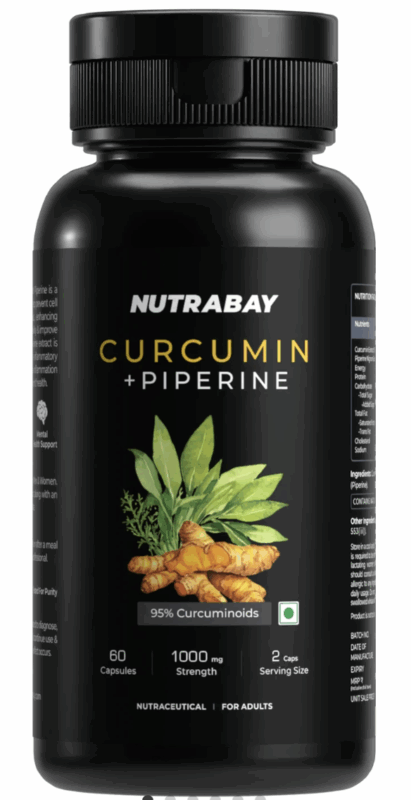
Curcumin, the star compound in turmeric, isn’t just popular in Indian cooking; it’s also known for its anti-inflammatory and antioxidant properties. But here’s the catch: curcumin from regular turmeric isn’t easily absorbed by the body.
Our version is specially formulated to improve absorption as we have added piperine, the active compound of black pepper, so your body actually gets the benefits. Whether you’re dealing with low-grade inflammation, post-illness fatigue, or joint stiffness, adding curcumin may help reduce internal stress that weakens your immune response over time.
2. Nutrabay Ashwagandha Extract
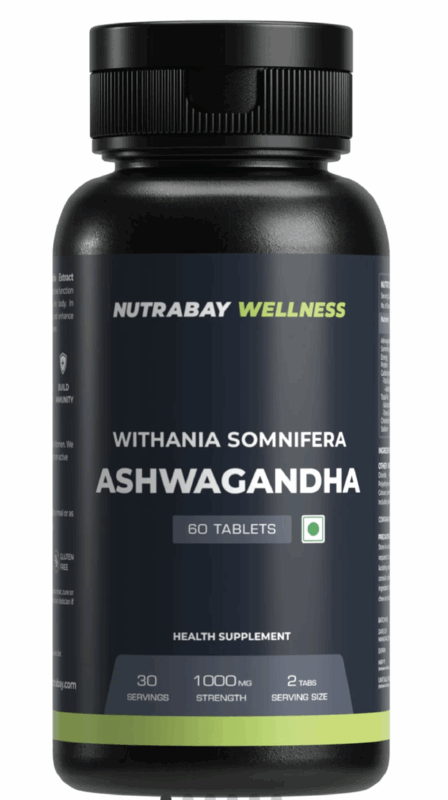
Stress may not show up on a blood test, but its impact on your immune system is very real. Prolonged stress elevates cortisol, and high cortisol can make you more prone to falling sick.
This is where ashwagandha steps in. Traditionally used in Ayurveda, it helps the body adapt to stress, literally. Nutrabay’s Ashwagandha supplement uses its root extract to deliver consistent results, helping bring your stress levels and immunity back into balance.
3. Nutrabay Pre & Probiotic Digestive Support

Your gut and your immunity are closely linked, as most of our immune cells actually reside in our digestive tract. If your gut is imbalanced, your immune system may be compromised too.
This is where Nutrabay’s Probiotic & Prebiotic supplement plays a vital role. It helps populate your gut with good bacteria, supports digestion, and improves nutrient absorption creating a healthier environment for your immune cells to thrive. It’s especially helpful if you’ve recently been on antibiotics, are prone to bloating, or often feel run down.
Conclusion
It’s not necessary for the monsoon season to be a time of illness. You can use this season as an opportunity to improve your health by making wise decisions about your diet, hygiene, herbs, and habits.
Your immunity serves as your shield, and you may fortify it organically using tried-and-tested Indian knowledge and scientific and evidence based nutrition
Keep in mind that you don’t have to do everything. Simply choose three to five routines and stick with them. Your body’s immune system will thank you.
Frequently Asked Questions
Is curd safe to eat in the monsoon?
Yes absolutely, if it is fresh and at room temperature, just avoid cold or sour curd late at night.
Can I take immunity supplements instead of eating immunity foods?
Supplements help to bridge the gap in nutrient intake, but natural sources are still preferred much. Use supplements only to fill dietary gaps that too under medical guidance only.
How to prevent fungal infections during monsoon?
Keep skin dry, use cotton clothes, avoid damp shoes, and apply antifungal powder if needed.
Are kadhas safe for kids or elderly?
Yes, but use mild versions with fewer spices. Always check for allergies or interactions if on certain medication.
Why is digestion poor in monsoon?
Due to humidity, lower enzyme efficiency, and excess microbial exposure from water and food, which is why supporting your digestive health can help improve immunity.

